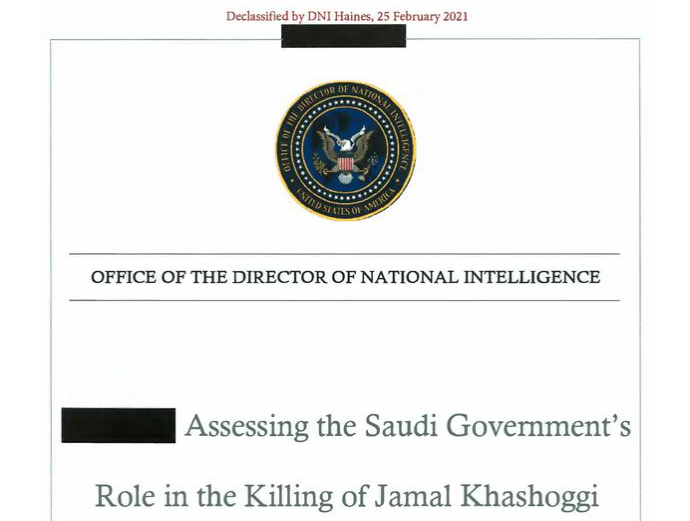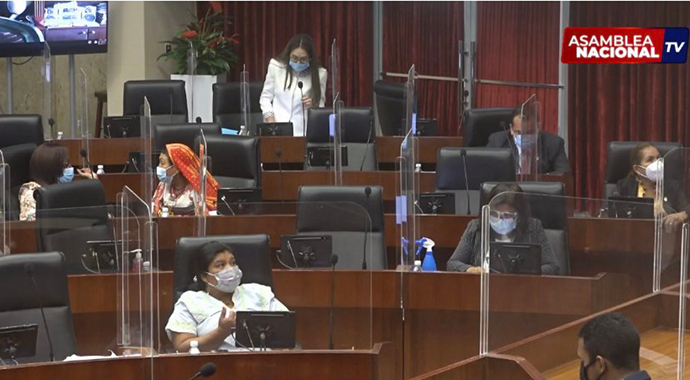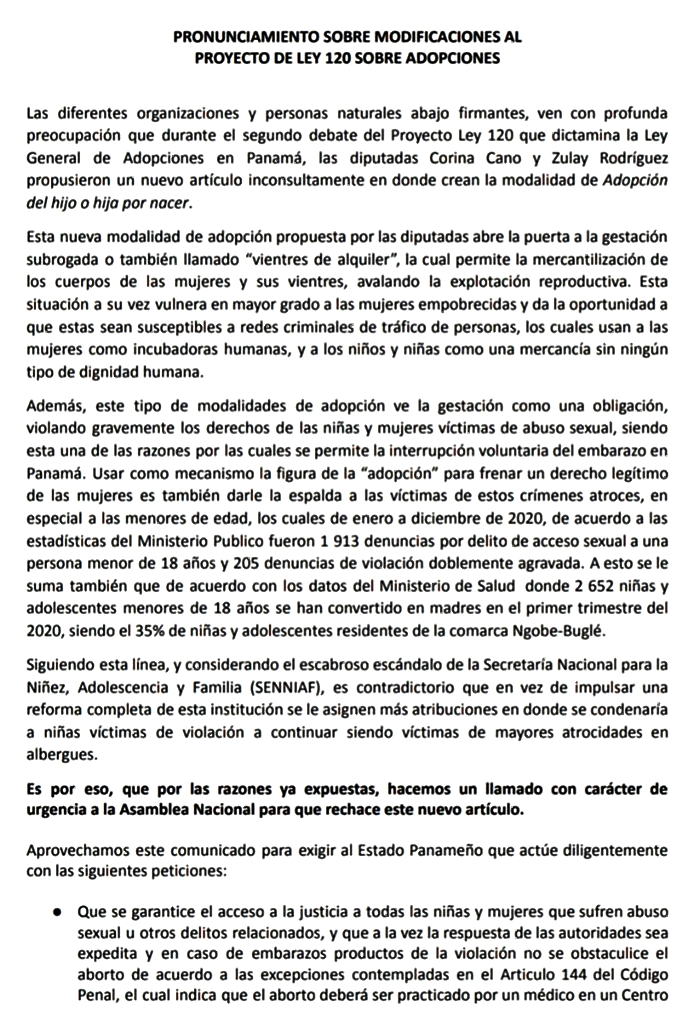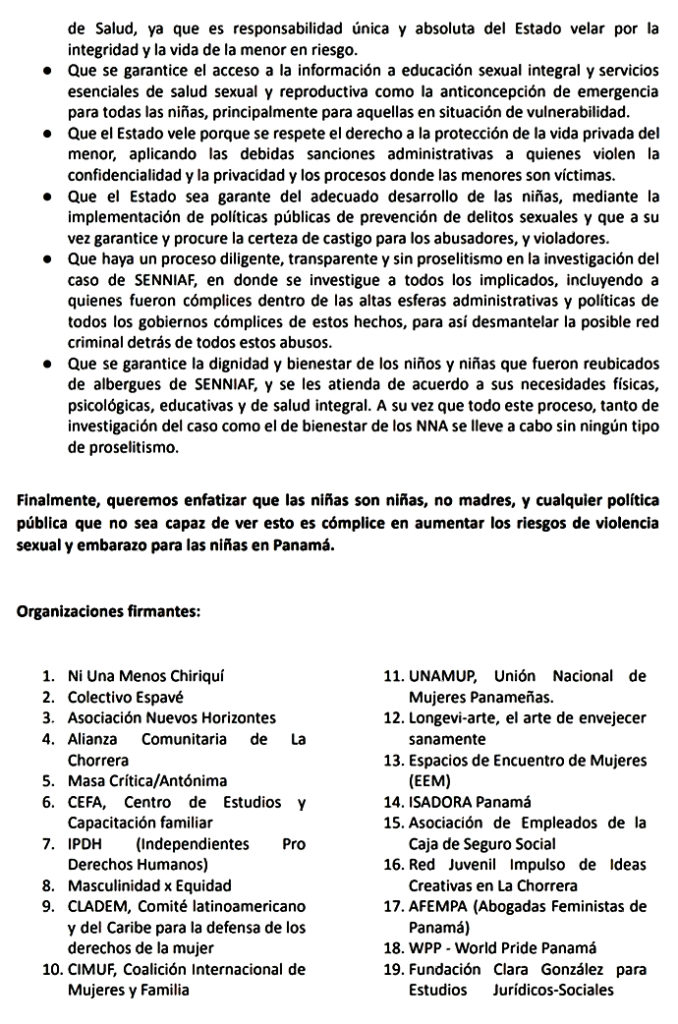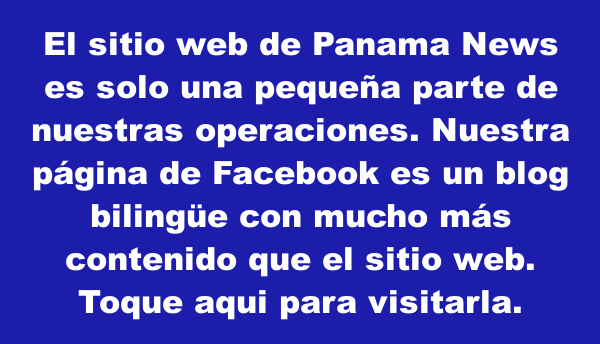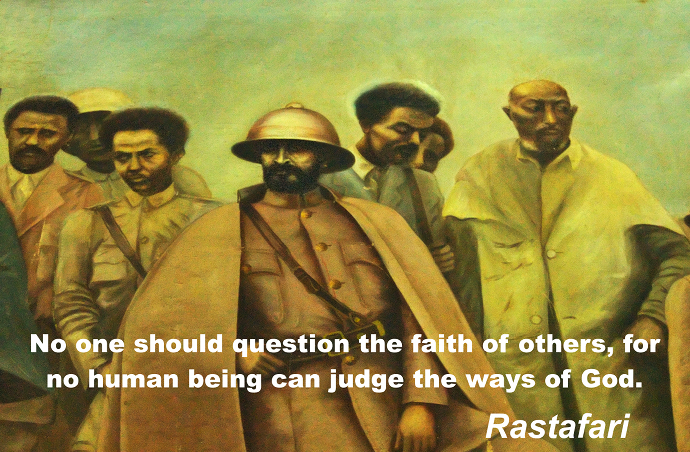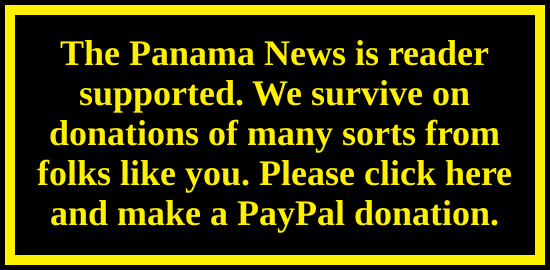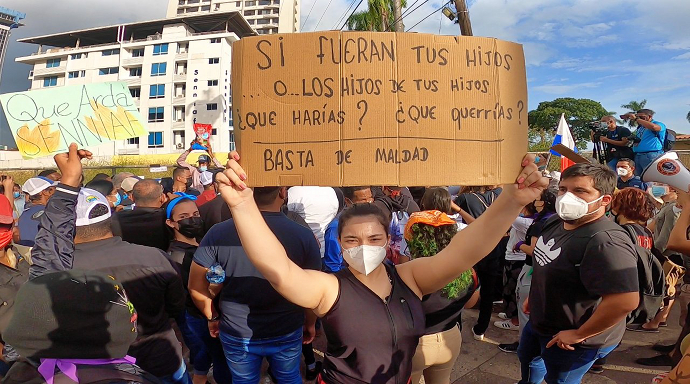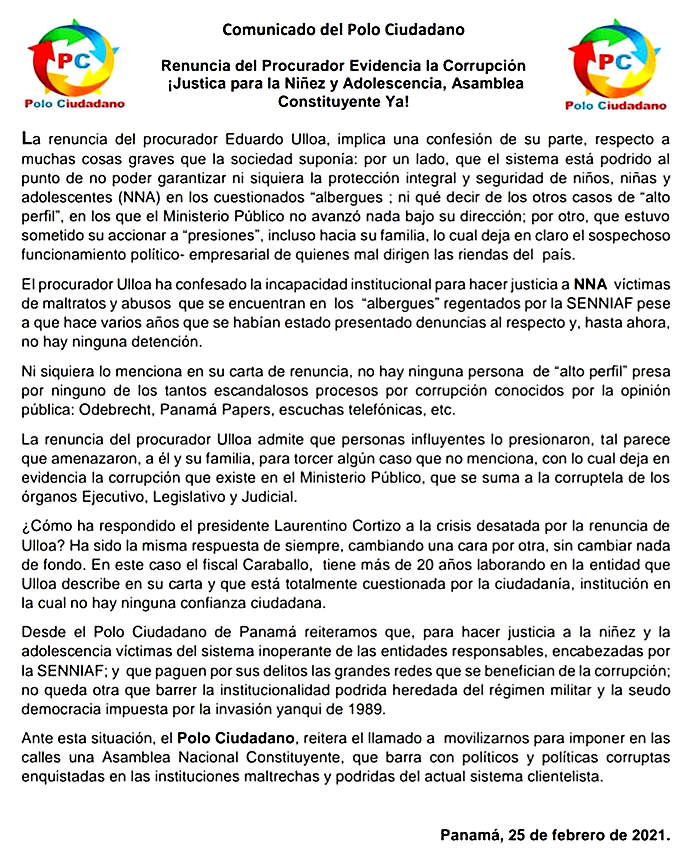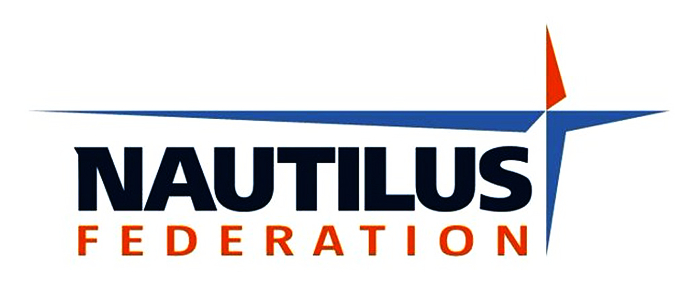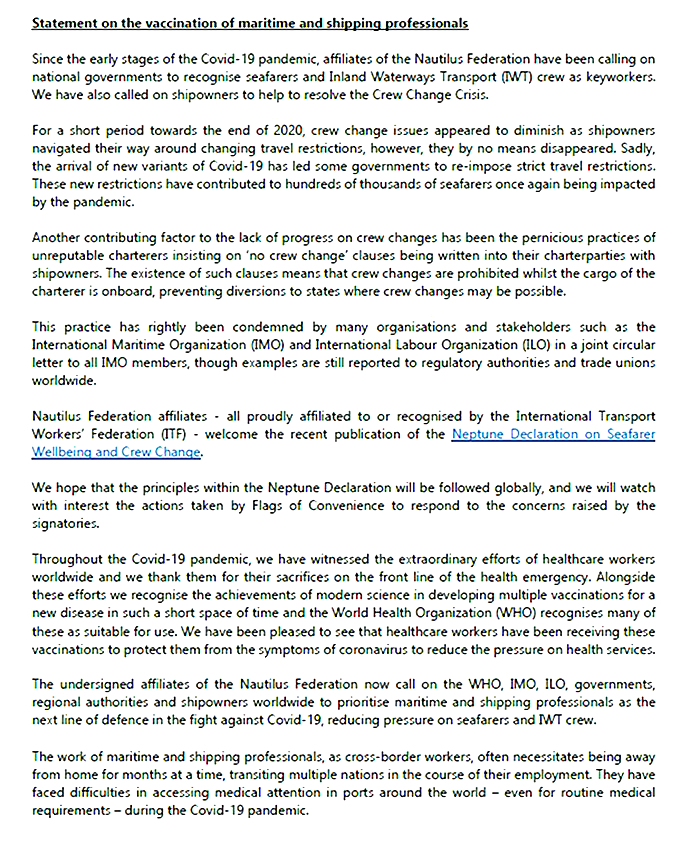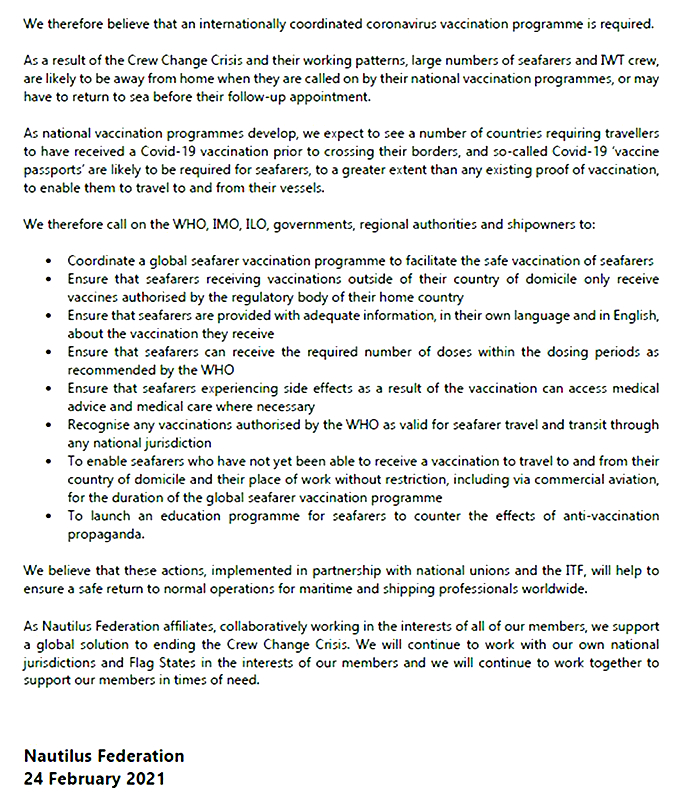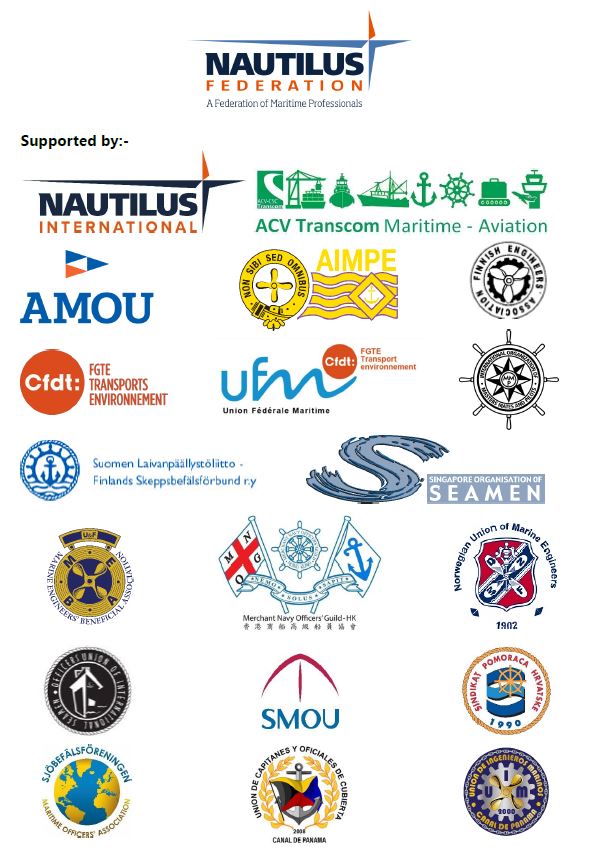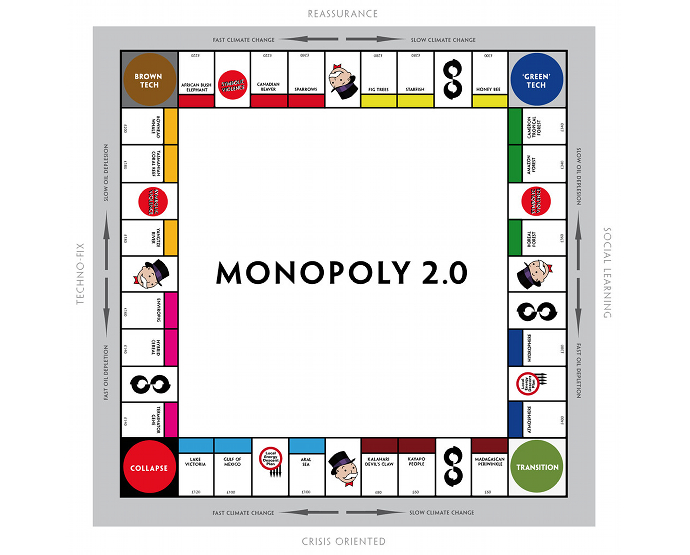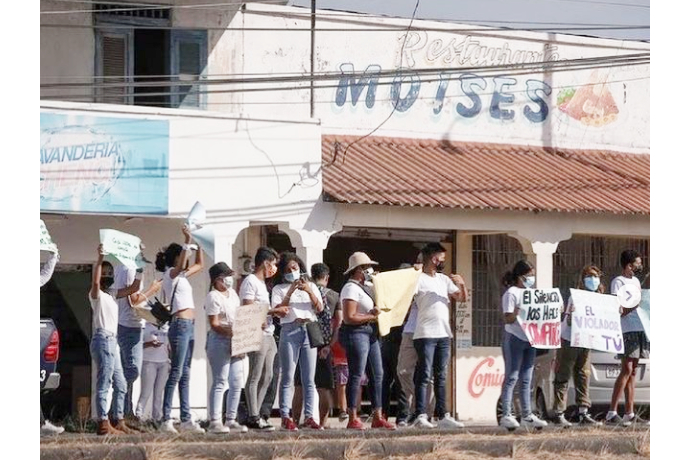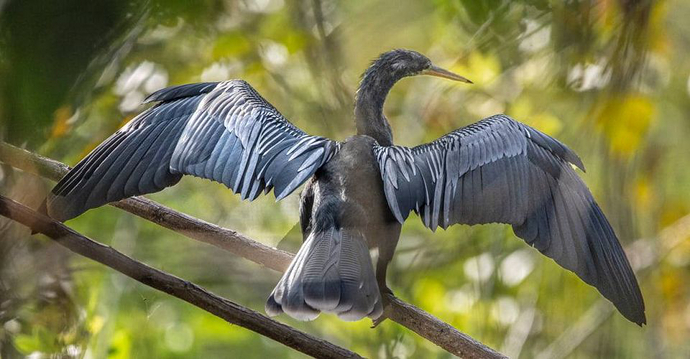Classified By: █
Derived From: █
Declassify On: █
█
█
(U) EXECUTIVE SUMMARY
(U) This report is provided by the ODNI. Questions should be directed to the NIO for Near East.
█ We assess that Saudi Arabia’s Crown Prince Muhammad bin Salman approved an
operation in Istanbul, Turkey to capture or kill Saudi journalist Jamal Khashoggi.
• █ We base this assessment on the Crown Prince’s control of decisionmaking in the
Kingdom, the direct involvement of a key adviser and members of Muhammad bin Salman’s protective detail in the operation, and the Crown Prince’s support for using violent measures to silence dissidents abroad, including Khashoggi.
• █ Since 2017, the Crown Prince has had absolute control of the Kingdom’s security
and intelligence organizations, making it highly unlikely that Saudi officials would have
carried out an operation of this nature without the Crown Prince’s authorization.
█ Assessing the Saudi Government’s Role in the Killing of Jamal Khashoggi
█ We assess that Saudi Arabia’s Crown Prince Muhammad bin Salman approved an
operation in Istanbul, Turkey to capture or kill Saudi journalist Jamal Khashoggi. We base this assessment on the Crown Prince’s control of decision making in the Kingdom since 2017, the direct involvement of a key adviser and members of Muhammad bin Salman’s protective detail in the operation, and the Crown Prince’s support for using violent measures to silence dissidents abroad, including Khashoggi. Since 2017, the Crown Prince has had absolute control of the Kingdom’s security and intelligence organizations, making it highly unlikely that Saudi officials would have
carried out an operation of this nature without the Crown Prince’s authorization.
• █ At the time of the Khashoggi murder, the Crown Prince probably fostered an
environment in which aides were afraid that failure to complete assigned tasks might result in him firing or arresting them. This suggests that the aides were unlikely to question Muhammad bin Salman’s orders or undertake sensitive actions without his consent.
• █ The I5-member Saudi team that arrived in Istanbul on 2 October 2018 included
officials who worked for, or were associated with, the Saudi Center for Studies and Media Affairs (CSMARC) at the Royal Court. At the time of the operation, CSMARC was led by Saud al-Qahtani, a close adviser of Muhammad bin Salman, who claimed publicly in mid-2018 that he did not make decisions without the Crown Prince’s approval.
• █ The team also included seven members of Muhammad bin Salman’s elite personal
protective detail, known as the Rapid Intervention Force (RIF). The RIF – a subset of the Saudi Royal Guard – exists to defend the Crown Prince, answers only to him, and had directly participated in earlier dissident suppression operations in the Kingdom and abroad at the Crown Prince’s direction. We judge that members of the RIF would not have participated in the operation against Khashoggi without Muhammad bin Salman’s approval.
• █ The Crown Prince viewed Khashoggi as a threat to the Kingdom and broadly
supported using violent measures if necessary to silence him. Although Saudi officials had pre-planned an unspecified operation against Khashoggi we do not know how far in advance Saudi officials decided to harm him.
█ We have high confidence that the following individuals participated in, ordered, or were otherwise complicit in or responsible for the death of Jamal Khashoggi on behalf of Muhammad bin Salman. We do not know whether these individuals knew in advance that the operation would result in Khashoggi’s death.
• (U █) Saud al-Qahtani
• █ Maher Mutreb
• █Naifal-Arifi
• █ Mohammed al-Zahrani
• █ Mansour Abahussain
• █ Badr al-Utaybah
• █ Abdul Aziz Al Hawsawi
█
█
• █ Waleed Abdullah Al Shihri
• █ Khalid Al Utaybah
• █ Tha’ar Al Harbi
• █ Fahd Shiahb Al Balawi
• █ Meshal al-Bustani
• █ Turki Al Shihri
• (U) Mustafa Al Madani
• (U) Saif Saad Al
• █ Ahmed Zayed Asiri
• █ Abdulla Mohammed Alhoeriny
• █ Yasir Khalid Alsalem
• █ Ibrahim al-Salim
• (U) Salah Al Tubaigy
• (U) Mohammed Al Utaybah
█
Contact us by email at fund4thepanamanews@gmail.com
To fend off hackers, organized trolls and other online vandalism, our website comments feature is switched off. Instead, come to our Facebook page to join in the discussion.
These links are interactive — click on the boxes

